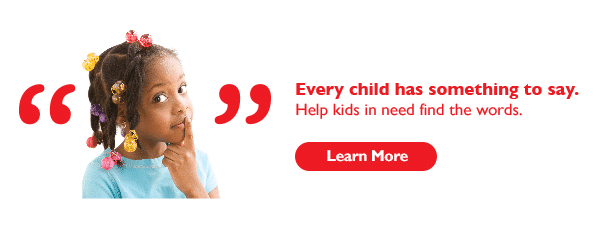Simple Ways To Motivate Young Children
As the school year begins, too many children are already falling behind. I am 1 of 30 bloggers helping #FindtheWords with Save the Children to raise awareness of the need for early childhood education for all kids. I am participating in this social media campaign to highlight 30 words in 30 days — to symbolize the 30 million fewer words than children from low-income homes hear by age 3.
Save the Children provides kids in need with access to books, essential learning support, and a literacy-rich environment, setting them up for success in school and a brighter future. Learn more about Save the Children’s work in the US and around the world.
Motivate:
to stimulate interest in or enthusiasm for doing something.
One of my favorite bloggers and former Divatude Challenge participant, Janeane of Janeane’s World encourages those around her to TAN: Take Action Now on a regular basis. I love that and it is one of the motivating factors of The Divatude Challenge.
The Divatude Challenge, if you are unfamiliar with it, is a commitment to completing specific goals within your personal and professional life by utilizing S.M.A.R.T. goals and connecting with others to encourage, support and motivate one another.
From an early age, I can remember the adults in my life coming up with different ways to motivate me to succeed. From the Pizza Hut Book-It program in elementary school (I didn’t even LIKE pizza but I loved collecting those certificates!) to my Daddy bringing home sweet treats or a new book as a “job well done” reward – it all helped to motivate me to do better and strive for more.
With my own children, I have to recognize and appreciate that something different will motivate them. My oldest son thrives on accomplishment, pizza, and family movie nights. My youngest son? Praise, action figures, and sweet treats will do it for him. And the little diva is at a point where whatever her brothers get she likes, too. She, also, has her own stash of stickers and sugar-free (shhh…don’t tell her!) treats to celebrate our potty-training successes.
As a parent, I believe it’s my job to consistently motivate my children to be awesome in whatever they choose to be great at. Unfortunately, there are many children that do not get that. There are many different reasons why and they all have lasting impacts on them, their education and their overall perspective of life.

Simple Ways To Motivate Young Children
I love the eagerness of young children. They are discovering new things on a regular basis and eager and excited to learn. your:
- Let them lead the conversation. It takes a very patient person to carry on a conversation with a two or three-year-old for more than 15 minutes – believe me, I know. However, the more they talk the better. They are learning to turn their thoughts into words. Ask open-ended questions and be patient as they formulate answers and words. My youngest son struggled with his speech and did not begin talking until almost three. I was worried – very worried, but we realized it wasn’t that he couldn’t talk it was because his big brother would do all his talking for him – answering for him, making decisions, etc. Once we explained to our oldest the importance of letting his little brother speak for himself – boy, oh, boy!
- Speak as you regularly would and explain what words mean when they ask. Children are super smart and often will pick up on the meaning of complex words through context clues. I have never been one to do a lot of “baby talk” but from the start (yes, even when they were in my womb) I would have genuine conversations with my children telling them about my day, my hopes and dreams for them, explaining what we were going to do, where we go, you name it and we probably chatted about it. If they babbled in response, I would encourage it and respond right back.
- Be patient. Kids can pick up on frustration and it may make them frustrated or clam up.
- Read to and with them. If you are able, volunteer to go to a school or your local library to read to a class or one-on-one. It does make a difference.
- Try not to correct or come across as condescending. Children will mispronounce words. Rather than correcting them over and over. Make sure you use the words correctly and they will pick up on the difference.
How do you motivate the children you encounter to be excited about learning?

